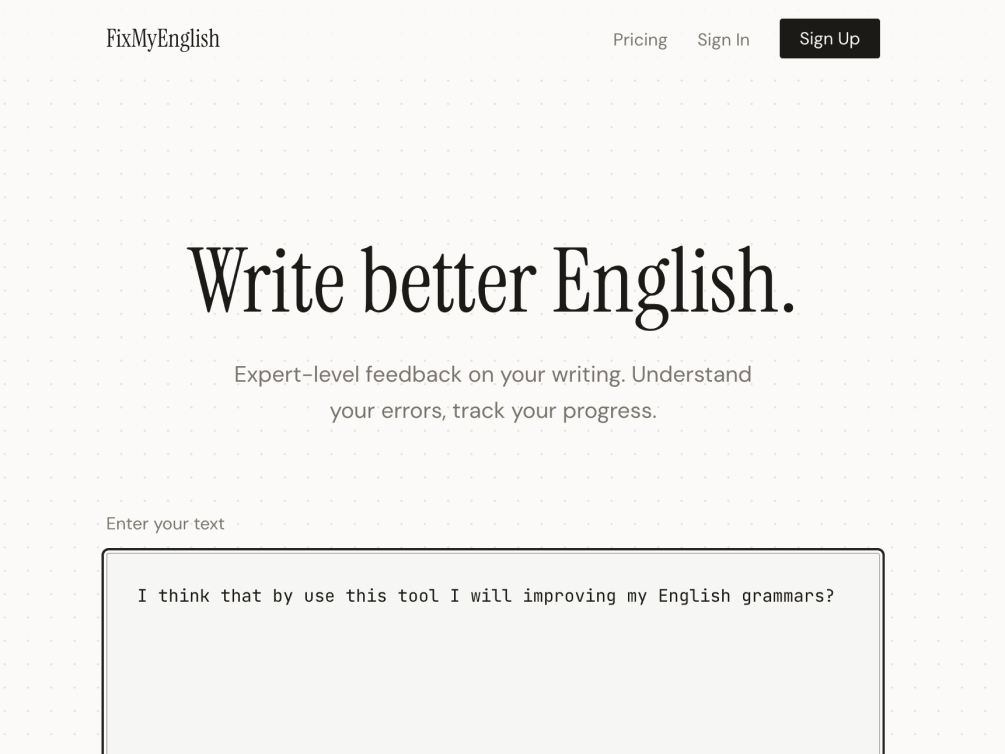Table of contents
Whether you are a non-native speaker or an English teacher, you have probably heard of Matt Halsdorff from Coyote English and Christian Saunders from Canguro English.
They are both fantastically talented English teachers, and have inspired hundreds of thousands (millions?) of English learners all over the world.
When I heard that they had teamed up to work on a project, I couldn’t have been more excited to see the result.
The fruit of their work is called The Travel Adapter, and it contains “21 simple lessons to help English speakers communicate successfully in global English”.
What is in The Travel Adapter?
It is a short book (60 pages) aimed at educating native speakers on how to adapt their language when speaking to non-native speakers.
Although the target audience is native English speakers, it will also be interesting to non-native speakers, and there will no doubt be lots of examples in there that non-native speakers recognise from their conversations with native speakers.
It also contains lots of interesting ideas non-natives can suggest to native speaker friends and colleagues to adapt their vocabulary, so it is an interesting read for native and non-native speakers alike.
Why is it important?
Put simply, most native speakers are terrible at adapting their level of English to help non-native speakers understand.
Native speakers speak too fast, use too many idioms, use phrasal verbs when alternatives will work, use acronyms, don’t pronounce consonants properly and over complicate their language.
If you are a non-native English speaker, you know first hand how difficult this makes it to understand many native speakers.
Matt and Christian point out that it doesn’t need to be this way.
Language is a means of communication, and if the person you are speaking to can’t understand what you are saying then you aren’t communicating effectively.
Most English native speakers have very little experience being in the position of speaking a foreign language, so they simply don’t understand that adapting their language will help a non-native speaker understand properly.
It isn’t that they are speaking in a complicated way on purpose or that they lack empathy, they simply don’t know any better.
Through the Travel Adapter, Matt and Christian map out exactly what native speakers need to adapt, but more importantly how they can do it.
Spoiler alert (for the native-speaker readers): it really isn’t that hard to adapt your language!
Will The Travel Adapter actually help?
It would be fantastic if The Travel Adapter became known among English native speakers, and it encouraged some to use Global English and adapt their language.
This wouldn’t mean that the idioms, phrasal verbs and some of the beauty (I bet “beauty” isn’t the first thing you think of when you hear “phrasal verb”) of the English language would disappear, but rather everyone would understand each other more easily.
It would simply be a case of native speakers adapting their language to suit who they are speaking with, much as they pack an adapter when they go travelling to a new country.
I messaged Matt shortly after he released the book, and he stressed that it will be a challenge getting it into the hands of native English speakers, as they are simply unaware that this is even a problem.
But if even a handful of native speakers read it properly and understand how helpful the ideas in it will be for the non-native speakers they come into contact with, well then it is a very worthwhile project indeed.
My favourite quotes from The Travel Adapter
The book is full of wisdom and some excellent quotes. Here are a few of my favourites:
Every time you enter into a conversation, either face-to-face or via email, you enter into a social contract and you must take 50% of the responsibility for the success of that conversation.
No type of language is better than another, only more successful at communicating.
If people can’t understand you, they can’t understand your message, so instead of being a tool to communicate, language becomes a barrier to communication.
Where to read The Travel Adapter
Matt and Christian have made The Travel Adapter free for anyone to read.
You can find it here.




